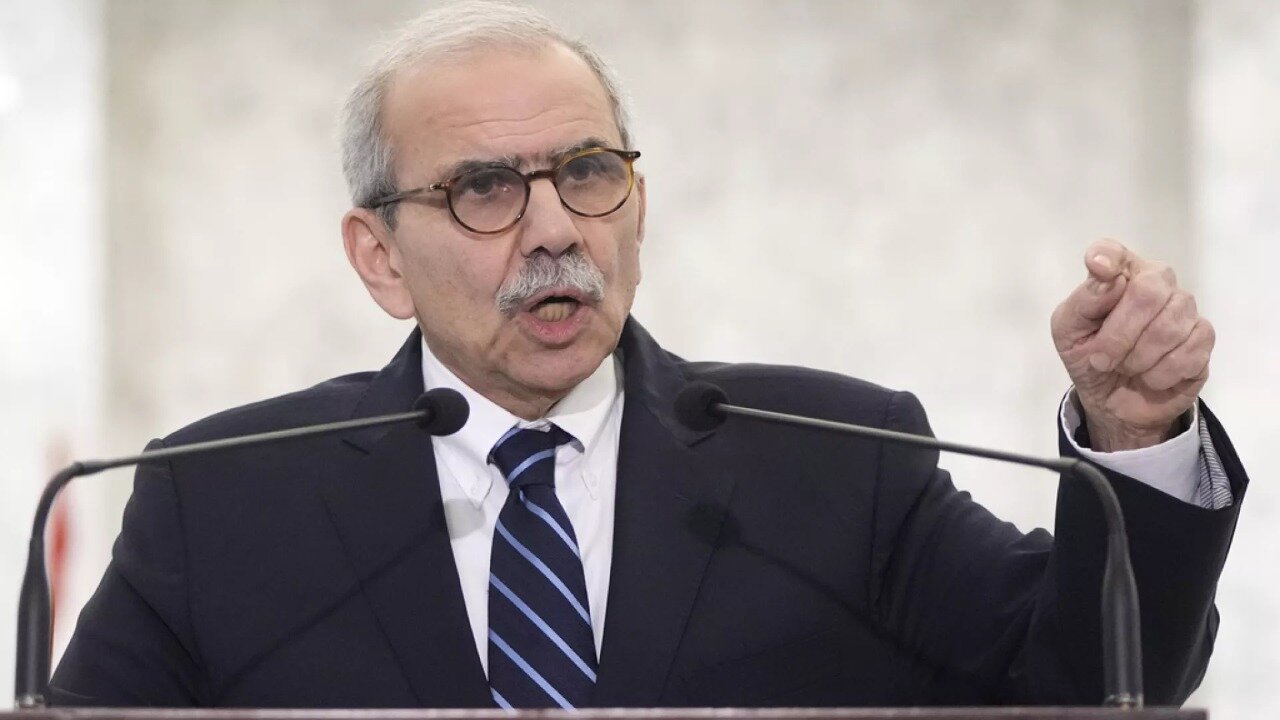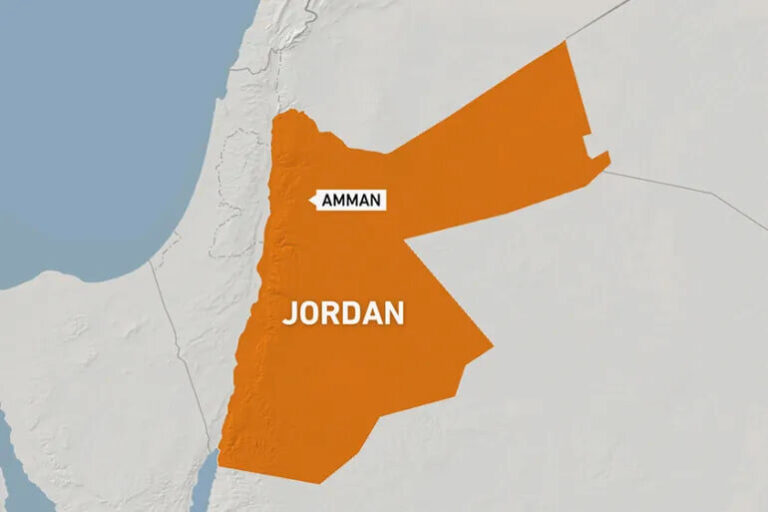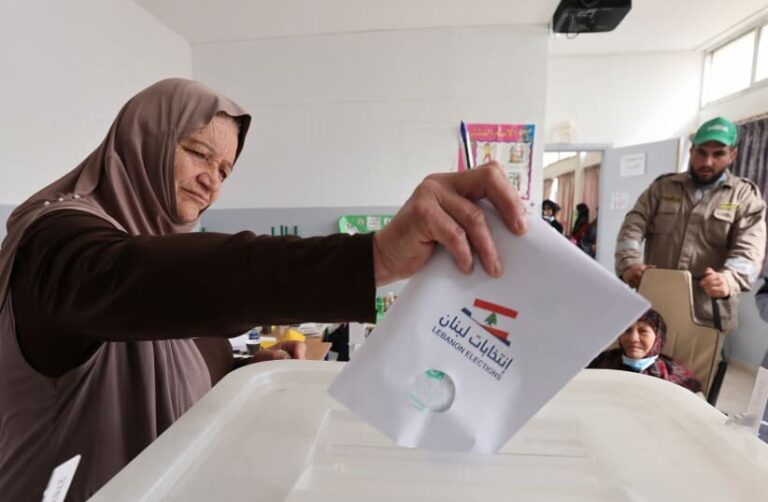Lebanon’s Prime Minister Unveils New Government: A Fresh Start for the Nation
Lebanon’s new Prime Minister Nawaf Salam has officially declared the formation of the country’s first comprehensive government since 2022. This pivotal moment comes as Lebanon grapples with ongoing economic challenges and political instability. In a statement made at the presidential palace on Saturday, Salam outlined the critical objectives of his 24-member cabinet, emphasizing the urgent need for financial reforms, national reconstruction, and adherence to a United Nations resolution addressing border tensions with Israel.
Prime Minister Salam, who is a distinguished diplomat and formerly served as the president of the International Court of Justice, expressed a strong commitment to initiating substantial reforms in Lebanon’s judiciary and reviving its struggling economy. The country has been mired in crises that span economic, political, and security dimensions for several decades, making Salam’s role all the more crucial.
Key Priorities of the New Government
As Lebanon embarks on a new chapter under Prime Minister Nawaf Salam’s leadership, several key priorities have been identified:
- Financial Reforms: The cabinet is focused on implementing significant changes to the financial system, which is essential for restoring public trust and stability.
- Reconstruction Efforts: Salam’s government aims to address the extensive damage caused by past crises and facilitate the rebuilding of critical infrastructure.
- UN Resolution Implementation: A commitment to follow through with the United Nations resolution concerning border tensions with Israel is a priority, ensuring Lebanon’s sovereignty and security.
- Judicial Reforms: There is a strong emphasis on overhauling the judiciary to enhance accountability and transparency within the legal system.
- Economic Recovery: The cabinet will work towards revitalizing the economy, which has suffered from severe downturns and mismanagement.
Challenges Ahead for the Salam Government
Despite the hopeful outlook, Prime Minister Salam and his cabinet face numerous challenges that must be addressed for the government’s success:
- Political Fragmentation: Lebanon’s political landscape is marked by division and competing interests, which can impede the government’s ability to implement reforms.
- Corruption Issues: Tackling deep-rooted corruption within various sectors is essential for gaining public trust and fostering economic growth.
- Social Unrest: Ongoing protests and public discontent against the government could pose significant challenges to maintaining stability.
- International Relations: Navigating Lebanon’s relationships with foreign nations, particularly regarding border tensions, will be crucial for regional stability.
- Resource Management: Effective management of Lebanon’s scarce resources, particularly in the context of economic recovery, is a pressing concern.
Public Expectations and Reactions
The formation of a new government has sparked varied reactions among the Lebanese populace. Many citizens hold high hopes for the Salam administration, looking for tangible results that address their pressing needs. However, skepticism remains prevalent due to past experiences with governmental inaction.
As Salam’s cabinet prepares to tackle these substantial challenges, it is imperative for the administration to engage with the public, fostering transparency and accountability. Implementing a clear communication strategy will help bridge the gap between the government and its citizens, restoring faith in public institutions.
Conclusion
The establishment of Lebanon’s new government under Prime Minister Nawaf Salam marks a significant step towards addressing the multifaceted crises that have plagued the country. With a focus on financial reforms, reconstruction, and adherence to international resolutions, the Salam administration has the potential to steer Lebanon towards a more stable and prosperous future. However, success will largely depend on the government’s ability to navigate complex political dynamics, combat corruption, and effectively manage public expectations.






